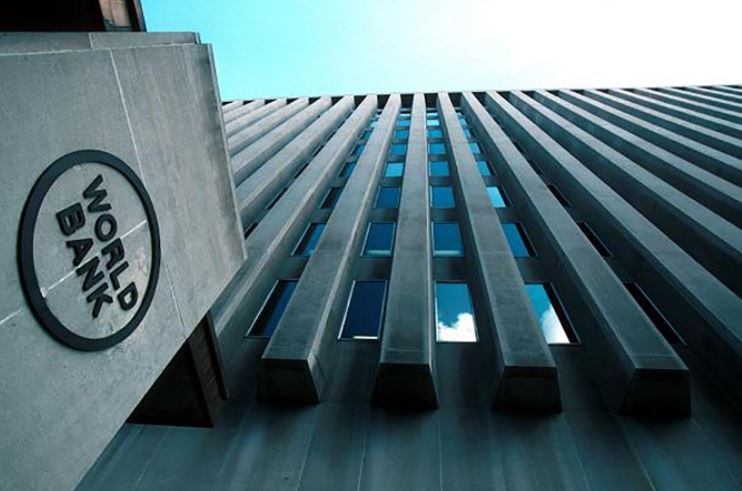×
The Standard e-Paper
Home To Bold Columnists

?The taxman has clashed with the World Bank for downplaying its revenue collection.
The lender accused the State of running huge deficits that have been plugged with more debt.